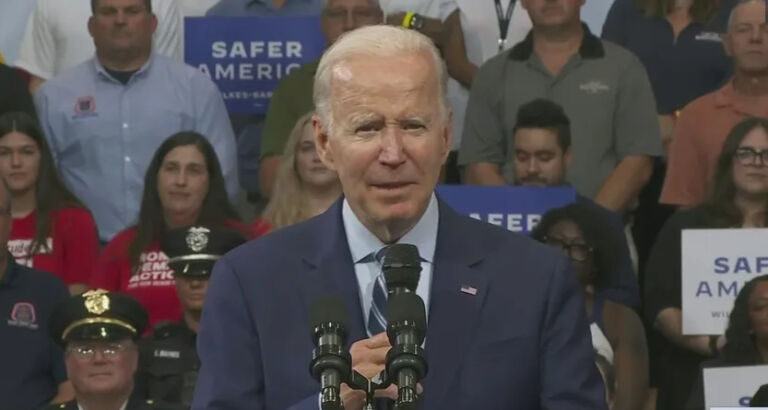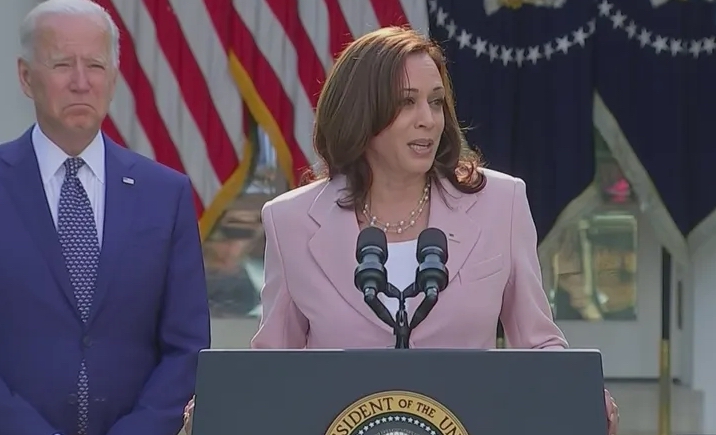Ramesh Ponnuru writes for National Review Online about President Biden’s role in his party’s current electoral predicament.
In my most recent column, written hours after Biden’s disastrous debate, I blame him both for running for reelection and for leaving Democrats with no great alternative to him:
He pledged to select a Black, female running mate, which meant choosing from a very small list of people who had won statewide office. Without that constraint, he could have chosen a more electable successor. The Democrats’ obsession with demographic representation weakened them.
A reader who describes himself as center-left writes in:
“One thing missing from your commentary today was the role that Derek Chauvin had in the VP pick. Sure, Dems are focused on representation: you have to be if you’re going to be a big tent.
“Klobuhar would have been the natural pick but four years ago even my right of center colleagues had their eyes wide open. Did Dems really think it through? Evidence suggests that there was no follow-up plan. But Black women got Biden elected in the first place. Would they have shown up as much for Klobuchar?
“Anyway, just my two cents.”
I think there is a role for demographic representation in politics. Trump picked Pence in part because he is an Evangelical Christian, and that’s fine. But such a consideration can be taken too far, and when you make a pledge to consider only members of one category — and when that pledge limits you so substantially — it has been. I was trying to get at this question of degree by using the word “obsession” rather than, say, “concern.” (I suspect, by the way, that something like my view underlies Jonathan Chait’s apparently shifting standards on this question.)
I think that anti-Trump sentiment would have been enough, in 2020, to carry the day for (to use the reader’s example) a Biden-Klobuchar ticket. Or a Biden–Deval Patrick one. It seems to me implausible that Harris was the most electorally helpful running mate he could have chosen.


